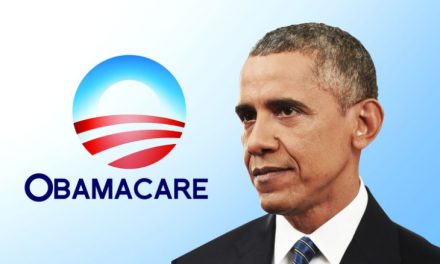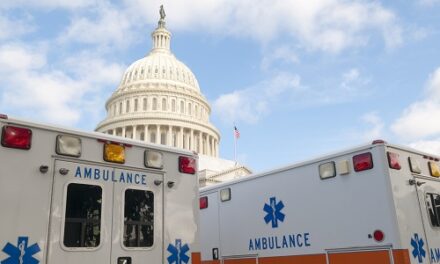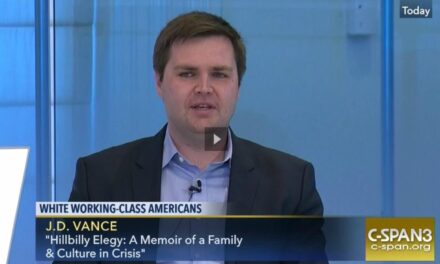One election factoid conservatives keep mentioning is the relative popularity of conservative self-identification versus liberal self-identification in the exit polls.
The National Election Pool exit poll of 17,836 randomly selected voters, conducted by Edison-Mitofsky, shows how shaky the jargon of political analysis can be. Twenty-two percent of those polled identified themselves as “liberal,” 34 percent as “conservative,” 44 percent as “moderate.” Such numbers are cited by proponents of the “center-right country” argument. But one in five of the self-styled conservatives voted for Barack Obama, and one in 10 liberals voted for John McCain. The moderates were overwhelmingly for Obama, by 60 percent to 39 percent. Those self-identifications obviously meant different things to different people.
The term ‘liberal’ has been under a constant assault for thirty years, which probably explains why barely one in five Americans are willing to associate themselves with the label. This was a smart and effective strategy for the Republicans, but it has a downside. People are suspicious of liberals, but they’re pretty much okay with ‘Democrats’. What they really hate is not liberals but ‘the Republican Party’. The Republicans undermined the liberal label but they also undermined the ‘Republican Party’ label. What used to be a disadvantage for the Democrats has morphed into an advantage. Many more ‘conservatives’ are willing to vote for the Democrats than ‘liberals’ are willing to vote for the Republicans. And the ‘moderates’ despise the GOP. Republican commentators are having difficulty computing the change:
Still, commentators continue to praise Obama for his moderation. His plans qualify as moderate only if the whole political map has tilted sharply to the left.
The political map has obviously shifted sharply to the left. Between 2005-2007, Republicans controlled the White House and both houses of Congress. Starting in 2009 and lasting indefinitely, the Democrats will control those bodies. As Paul Rosenberg notes this morning, the center-right tilt of American politics looks rather illusory if you confine your analysis to the post-World War Two era. Even in the brief periods of Republican dominance, their majorities were always shallow and their popular mandate weak.
The Democrats have taken advantage of Republican mistakes and misrule, but they have the chance to solidify their advantage for decades if they can pass universal health care. David Sirota reminds us that the opposition to HillaryCare was largely about staving off such a realignment.
Fifteen years ago, Republican strategist William Kristol warned that the Clinton administration’s universal health care proposals represented “a serious political threat to the Republican Party” because, if passed, they “will revive the reputation” of Democrats as “the generous protector of middle-class interests.”
James Pethokoukis revives William Kristol’s argument:
The GOP strategist had been joking about the upcoming presidential election and giving his humorous assessments of the candidates. Then he suddenly cut out the schtick and got scary serious. “Let me tell you something, if Democrats take the White House and pass a big-government healthcare plan, that’s it. Game over. Government will dominate the economy like it does in Europe. Conservatives will spend the rest of their lives trying to turn things around and they will fail.”
And the Democrats have the votes. The only question is whether there will be any money left in the universe by the time Obama takes his oath of office. If Barack Obama is going to win the same kind of smashing reelection enjoyed by Ronald Reagan, he’s going to need to break through cultural gaps in the Deep South, the Plains States, and Appalachia. There’s no better way of doing that than giving the currently uninsured a good health care plan. People will not forget such a gift, nor will they support a party that wants to take it all away.






